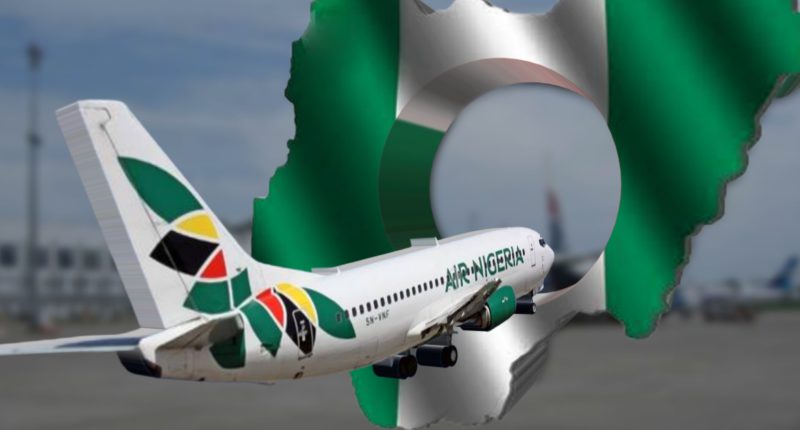Nigeria Air, which has been rebranded, is set to take flight nearly 20 years after its predecessor failed.
What’s going on?
Hadi Sirika, the country’s aviation minister, announced a shareholding plan on Friday, bringing it one step closer to reality. The preferred bidder for shares in the future Nigerian airline is a consortium led by Ethiopian Airlines.
Ethiopian Airlines will control 49% of the new airline, while the Nigerian Sovereign Fund would possess 46% and the Nigerian federal government will own the remaining 5%.
Looking forward
Nigeria Air will have a $300 million initial capital and expects to have 30 aircraft within four years, he said. It intends to take to the skies before the end of the year, beginning with a service between the capital Abuja and Lagos then expand to other destinations later.
There are also plans to first bring in six Boeing 737 aircraft, and then purchase up to 30 aircraft in the third and fourth years of operations. The agreement is subject to final negotiations and approval by Nigeria’s Federal Executive Council. Sirika estimated that the process could take up to eight weeks.
What you should know
Nigeria Airways, the country’s previous national carrier, was created in 1958 and was completely owned by the government. However, due to poor management, it got indebted and declared bankrupt in 2003.
Several administrations have attempted, but failed, to resurrect a national airline. Nigeria Air was introduced to the public in 2018 at the Farnborough Air Show in the United Kingdom, however its debut was abruptly halted without explanation.
Ethiopian Airlines is the continent’s largest airline, having stakes in Zambia Airways, Guinea Airways, Chad Airlines, and Air Malawi. One of President Muhammadu Buhari’s election campaign promises in 2015 was the relaunch of a national airline.

